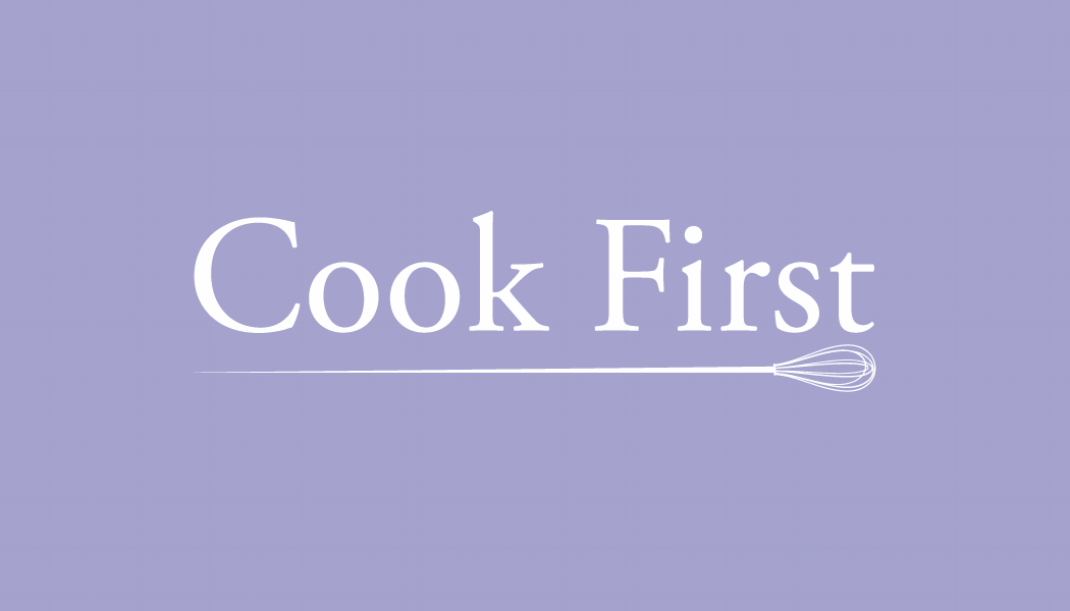From Garden to Table: The Blue Lotus

I was recently lucky enough to be hosted by the Evason Hua Hin at their idyllic beach resort located a mere few hours’ drive south of Bangkok. I was even luckier to be able to take not one - but TWO - plant-based cooking classes at their famed cookery school, The Blue Lotus.
Fittingly set within this seaside paradise, the Blue Lotus prides itself as being a Plant-based Learning Centre, and indeed, it does an exceptional job of promoting eco-conscious cuisine. From week-long workshops to 3-hour classes, their expert chefs and team specialise in raw and vegan gastronomy, using organic, mostly homegrown and locally sourced ingredients. The kitchen facilities are truly spectacular- a chef’s dream come true.
The exquisite setting – a restorative getaway from the craziness of the capital - enhances the overall experience. The Evason is essentially an eco-hotel in all but name, ensuring sustainability is prioritised in all its operations. To learn that the Blue Lotus also composts all its food waste – very unusual for Thailand – made me positively ecstatic; a true jewel in Thailand’s double-bagged, plastic-wrapped wasteland.
But it was the general ethos of the Centre’s teaching method that most impressed me. Rather than overly emphasise the ‘free-from’ feature of this style of cooking (i.e. gluten-free, dairy-free, refined sugar-free, vegan), the teaching focuses on the positive possibilities of creating nutritious, wholesome dishes using only natural and organic ingredients- highlighting the remarkable potential of locally sourced fruit, vegetables and legumes. I must admit I didn’t even realise we’d made a Tom Yum soup (served in a fresh coconut shell!) without seafood.
Practising a gluten- and dairy-free diet due to intolerance reasons, I was happily aware that, in fact, the vast majority of Thai vegetarian food (minus the fish and oyster source) is both vegan and gluten-free since it uses mostly coconut milk and rice flour.
Always curious to learn more about local cuisine, I took two classes that were both Thai-inspired: Green Thai Cuisine and Asian Sweets. Both of these taught solely plant-based variations of savory and sweet traditional Thai classics. I was thrilled to make everything from scratch. We tend to forget the amount of (often) toxic additives that feature in most of the food we consume on a daily basis. It is essential to educate people to understand that delicious food can be additive-free, and chemical-free, and it is the promotion of these concepts that truly sets the Blue Lotus apart.
I was also fascinated to learn about the origins and incredible health benefits of Black or ‘Forbidden’ Rice, which we used both in one of the savory dishes taught as part of the Green Thai Cuisine class, and also in one of the vegan desserts in the Asian Sweets class. Forbidden or Black Rice is richer than all other types of rice grains in antioxidants. It also contains dietary fibre and anti-inflammatory properties, and it has even been known to support the prevention of diabetes, cancer and heart disease. It came to be known as ‘forbidden’ rice having for centuries only been reserved for Chinese royalty on account of its incredible nutritional benefits – bursting with minerals such as iron, copper and proteins. Another element I enjoyed was the attention placed on the plating of our creations – perfect for satisfying the snappy-happy among us.
My experience and the Blue Lotus itself is testimony to the fact that when expert chefs are given pure produce, the result will undoubtedly always be completely delicious – and nutritious.
